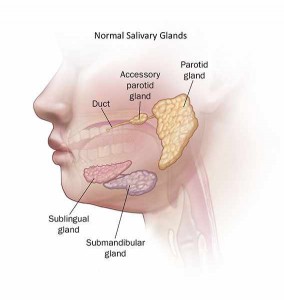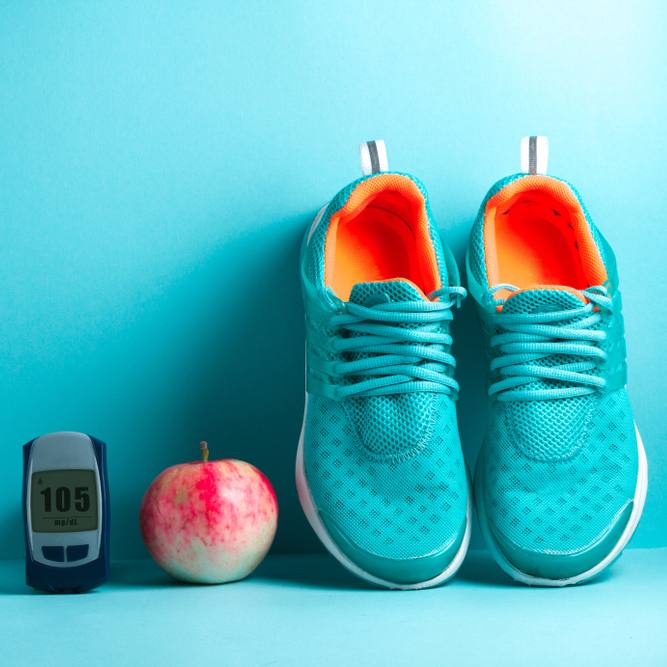-
Mayo Clinic Q & A: Before changing medication, try other strategies to manage dry mouth
DEAR MAYO CLINIC: Is there anything that can be done for dry mouth? I take a medication that lists this as one of the side effects and am having a hard time getting used to it. Before I consider changing medications, I’d like to know if dry mouth can be treated.
ANSWER: Treatment is available for dry mouth. Before you switch to a different medication, there are a number of strategies you can try to reduce this bothersome condition. Because dry mouth puts you at higher risk for dental decay, along with treating your symptoms it is important that you limit the amount of sugar in your diet and take steps to maintain your oral health.
The saliva in your mouth is made in the salivary glands. Those glands are located in front of your ears and near your jaw. Saliva serves a variety of useful purposes. It helps prevent tooth decay by neutralizing acids that bacteria make. It limits bacterial growth in your mouth. Saliva washes away food particles, and enzymes within saliva help with digestion. Saliva also enhances your ability to taste and makes it easier to swallow.
It is common for medications to trigger dry mouth — a condition sometimes called xerostomia. Dry mouth can be a side effect of hundreds of medications, including many over-the-counter drugs. The condition tends to be associated with drugs used to treat depression, nerve pain and anxiety. Dry mouth also is common with the use of some antihistamines, decongestants, muscle relaxants and pain medications.
The severity of dry mouth due to medication varies significantly from one person to another. The main effect is usually a lack of lubrication to your tongue and cheeks that can make it hard to speak, chew or swallow. Other symptoms include dryness in your throat, saliva that seems thick and stringy, bad breath, a changed sense of taste, problems wearing dentures or gum irritation.
Treating dry mouth usually involves both increasing saliva production and managing the effects of dryness on your daily activities.
An easy and inexpensive way to try to stimulate your salivary glands to make more saliva is by chewing sugarless gum. Chewing prompts the glands to make more saliva, and chewing gum takes advantage of that natural reaction. For some people, regularly chewing gum is all they need to ease dry mouth.
If gum is not enough, you may want to talk with your doctor about medications to increase saliva production. Prescription medications such as pilocarpine or cevimeline often are effective, but some people need to take them for up to eight weeks before they start to get relief.
You can try managing dry mouth using a number of techniques to lessen the condition’s effect. For example, eating cool or cold foods that have a high liquid content — such as yogurt, cottage cheese, ice cream or popsicles — can make chewing and swallowing easier. Adding extra liquid to solid foods or blending your foods also can help.
Drink water or other sugar-free liquids or suck on ice chips throughout the day to help moisten your mouth. Avoid beverages that contain alcohol or caffeine, as both can increase dry mouth and cause irritation. Drink plenty of liquids with your meals to make eating solid foods easier.
Over-the-counter products are available that work as saliva substitutes. These products come in a spray that you squirt into your mouth. Although they can effectively add moisture to your mouth, the results usually do not last long. They tend to be most helpful when used to relieve symptoms for a short period of time, such as right before giving a presentation or before eating a meal.
If dry mouth persists despite these measures and becomes a daily nuisance, then consider talking with your doctor about finding a suitable alternative to the medication you are taking that is causing your dry mouth. — Alan Carr, D.M.D., Dental Specialties, Mayo Clinic, Rochester, Minn.







